First, focus on the “doing.”
The act of “doing” provides us with some diversion during times of hardship. Make a list of ways you enjoy spending your time. Think back to what you enjoyed during different phases of life. Then, on your schedule, write down a small chunk of time to do these activities.
We are seeing so many innovative and creative ways to make the “doing” happen. If being with others is critical to your sense of connection, we have seen social distance happy hours with neighbors, a Zoom call with your mom’s group or online painting classes, all helping to support a sense of belonging that is so imperative to mental health. While technology makes all of this more accessible, I also believe it is the forced time away from the hustle of daily life we have become accustomed to that now affords us opportunities to connect in new ways. Even writing letters to friends contributes to our sense of belonging and taking the time to do this can bring such joy and connection.
As a child I enjoyed painting. While I no longer have time for oil painting as I once did, I am working more kid-friendly methods of art and painting into the activities I do with my children during this time at home. Whether they eagerly want to participate or not, they see me enjoying an occupation that brings me happiness. We can be together engaging in meaningful occupations to each of us, even if at the time they would prefer to play and run around outside while I play with their paints. Be innovative with materials and the location of engaging in these meaningful occupations to keep things interesting. Take it outside, involve the children, do yoga on the grass while the kids play. It is these small changes that gives us a greater sense of mastery and control over our situation.
Despite the challenges, make it a habit.
We know the importance of creating and maintaining routines and habits. This is obviously hard to do when you now add on homeschooling to your routine or having no break from your children during the day. I hear it from fellow mothers: “How can I fit in a walk when I’m with my kids all day and they refuse to walk? My kids want my attention the second I get on the phone, how can I call a friend? Baking with kids is a disaster and more work!” We have to adjust our expectations and know that the act of “doing” may mean a walk that is not as long as you would like, or painting in solitude now means your kids may come in and dump your cup of water, or catching up with a friend uninterrupted is impossible - but try to anyway. If you love to bake, include your kids, even if it means one more mess to clean up. Focus on the process and fun, not the perfect end result. Knowing and accepting that the personal occupations that bring us joy are going to feel a little different than they used to right now are key to keeping the habits going.
And when frustrations arise, co-regulate with your loved ones.
The best way to get through the difficult moments is to co-regulate. We are going to feel triggered by those around us. Our kids are going to scream when they do not get to watch movies all day and need to do some school work. Our spouse may innocently ask what’s for dinner or comment on the cleanliness of the house. We can meet these moments with frustration or, better yet, with co-regulation to modulate our nervous system and influence those around us. Model taking a deep breath, begin with empathy to connect before correcting.
Use mindfulness to experience “being.”
In the act of co-regulation, we experience mindfulness. We might sit with discomfort of the unknown during Covid-19, acknowledge the grief we might be feeling with the loss of our “normal” routine, the grief that our visits with loved ones are over FaceTime rather than in-person, and the grief that our children might be experiencing with the loss of their routine. When we can accept these uncertainties as temporary and accept that everything we are doing is good enough just as it is, then we can experience “being.”
Then, reflect on the experience of “becoming.”
From an occupational therapy perspective, we can focus on the experience of “becoming;” the transformation and sense of mastery we cultivate by engaging in meaningful roles and occupations, which helps bring to the forefront a sense of one’s future self. As mothers, we are constantly doing this without much thought, but with some reflection, we can enter into a more conscious state of “becoming” and feeling of fulfillment vs. failure.
Some of the occupational therapy literature has used these concepts to address perinatal loss and using “occupation” during stressful times. These concepts are rooted in history and prove that by adding in some purposeful mindfulness and strategies, we can use meaningful occupations throughout to propel us forward during the most difficult of days and seasons.
There will be hard moments, we will be frustrated, but it’s vitally important to our mental health as mothers to know that we can move through it with a little extra mindfulness and effort. We are not alone in this journey. If you’re feeling discouraged, reach out to a friend or trusted person to help you regulate your emotions. By focusing on “becoming” and “doing,” we can not just survive, but thrive during this challenging time.

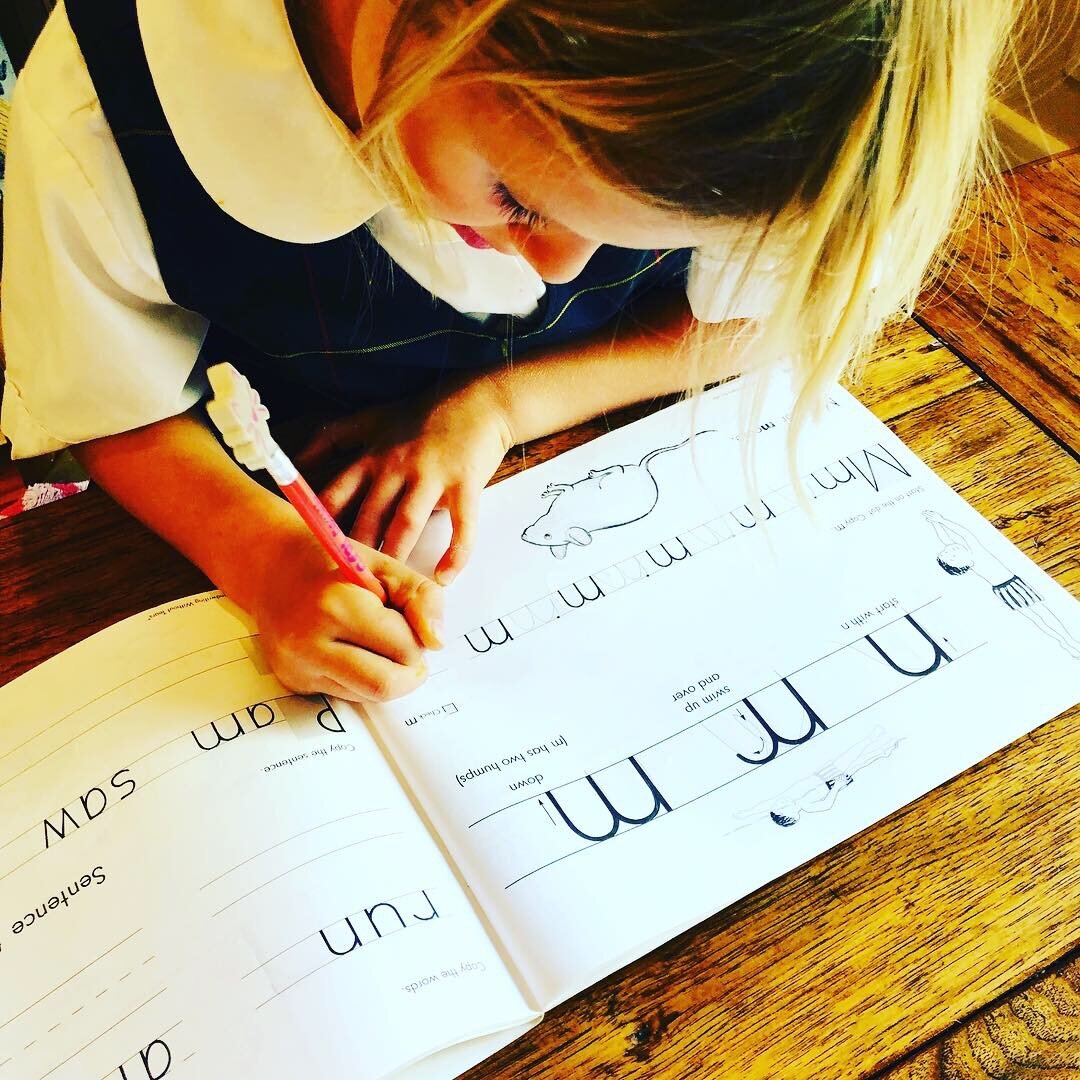








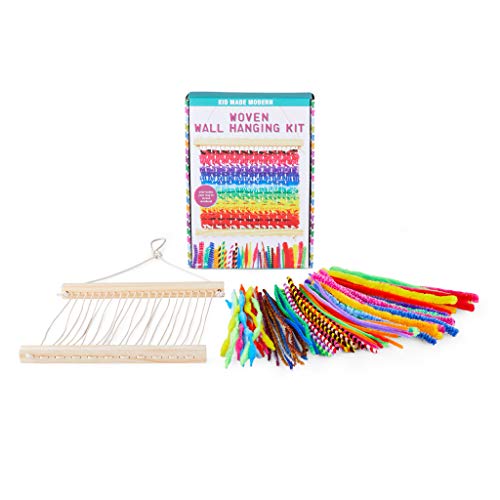












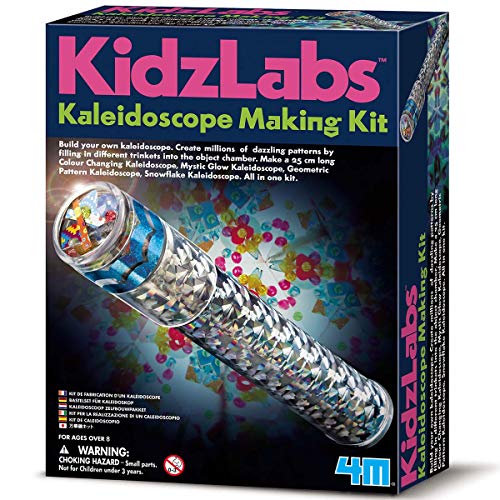



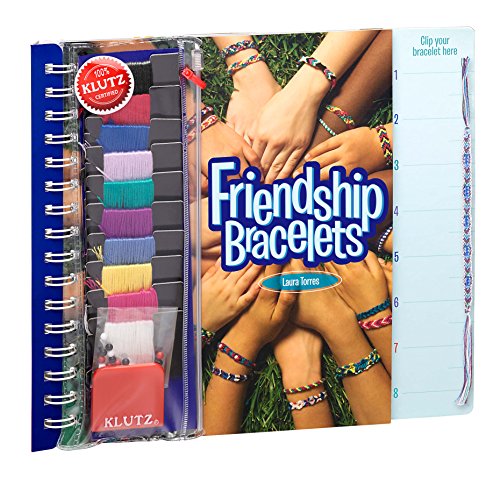











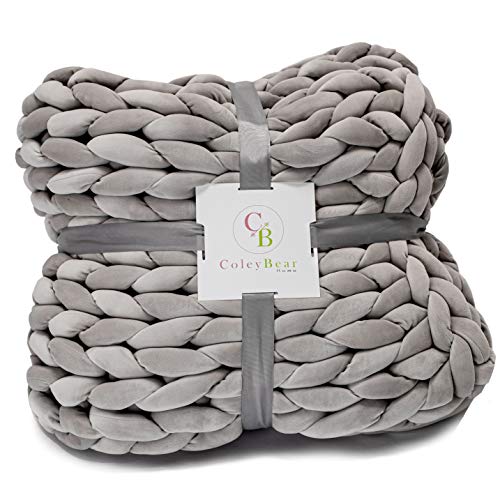















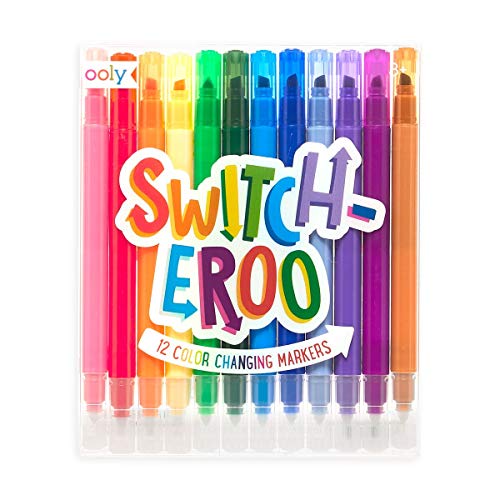






















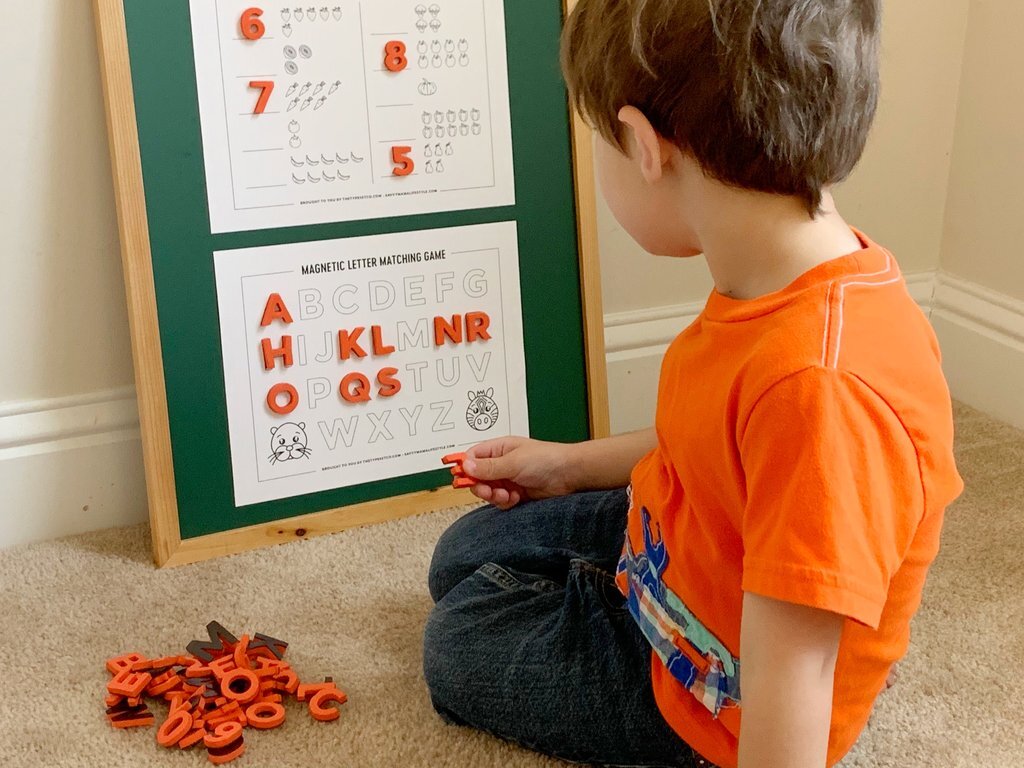


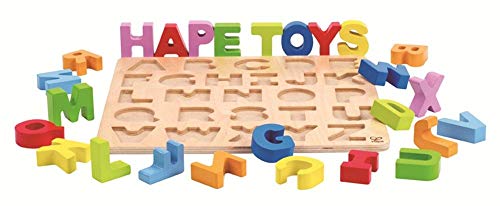

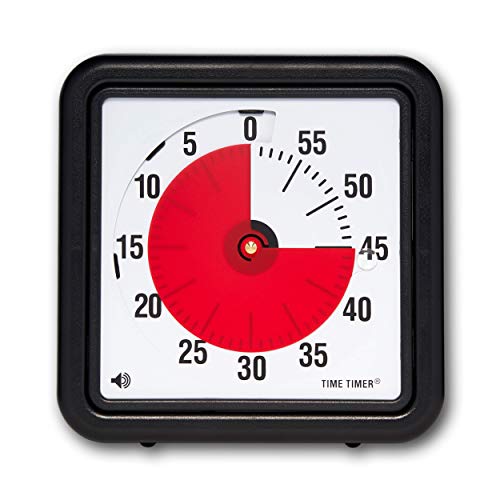





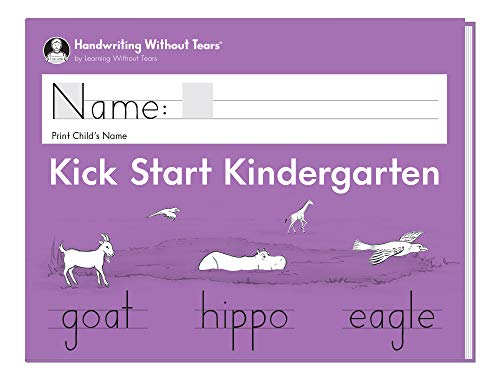


























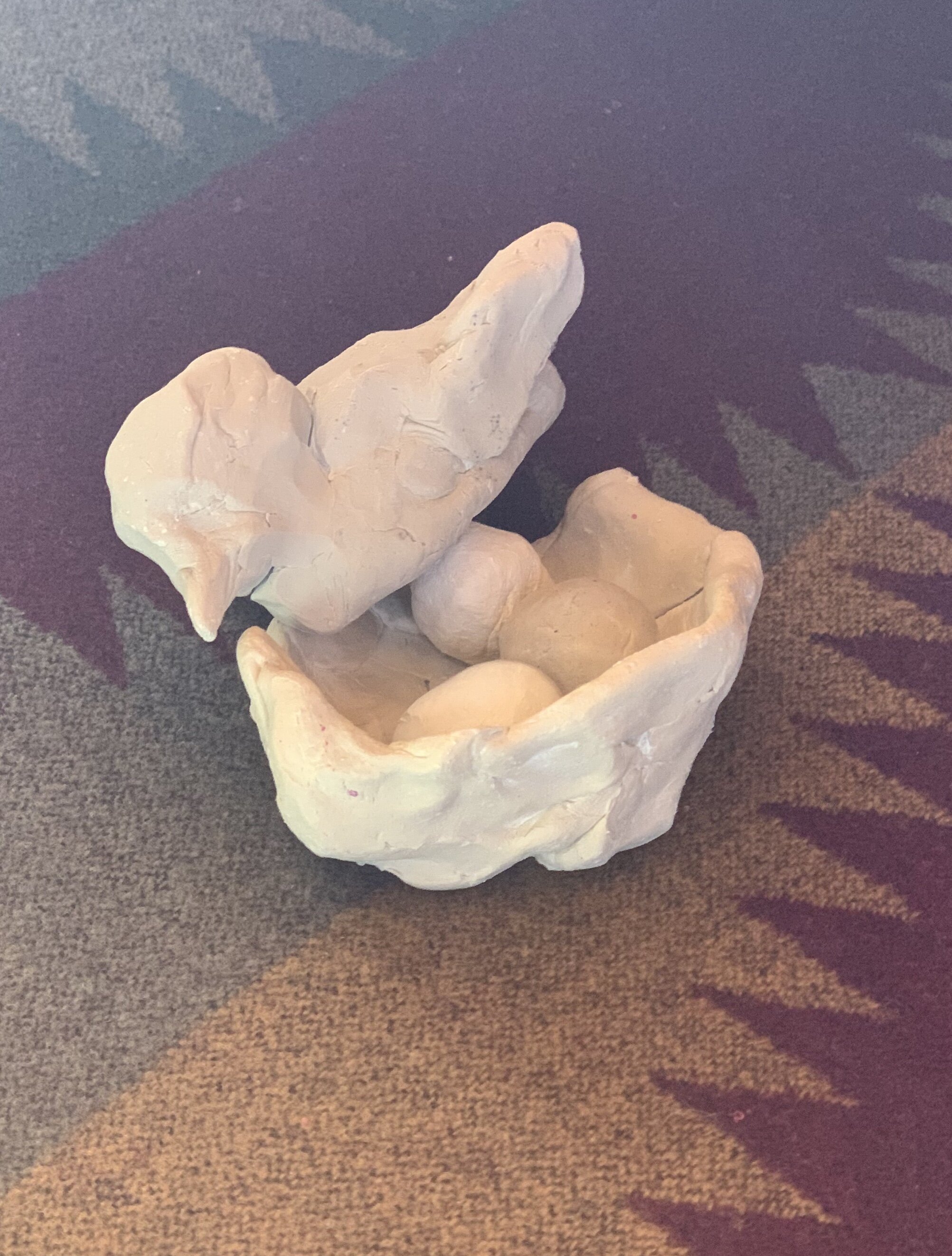
















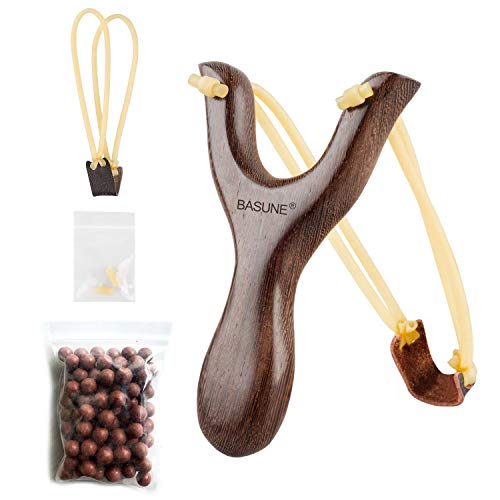







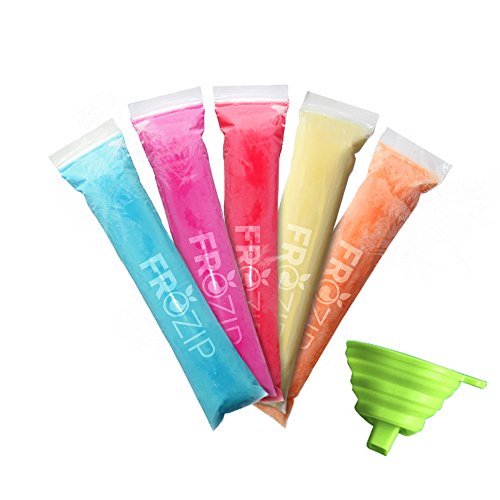











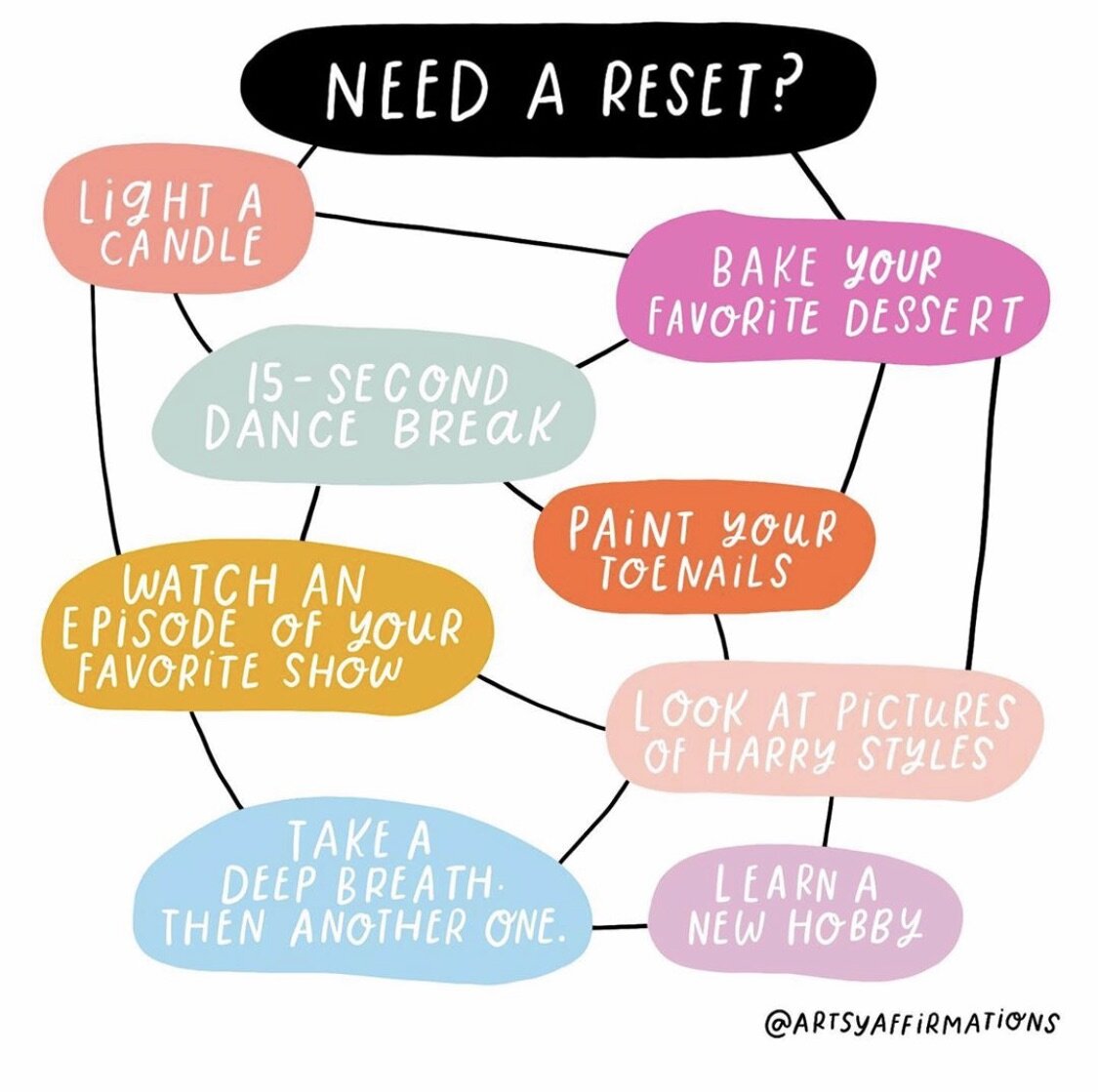




















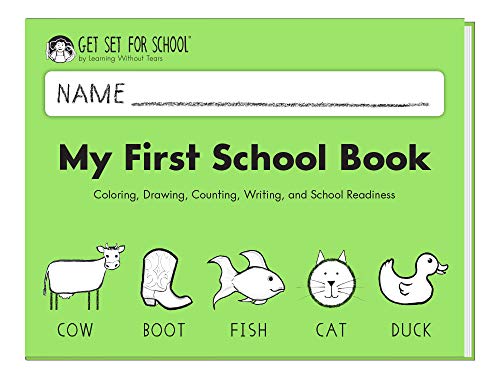





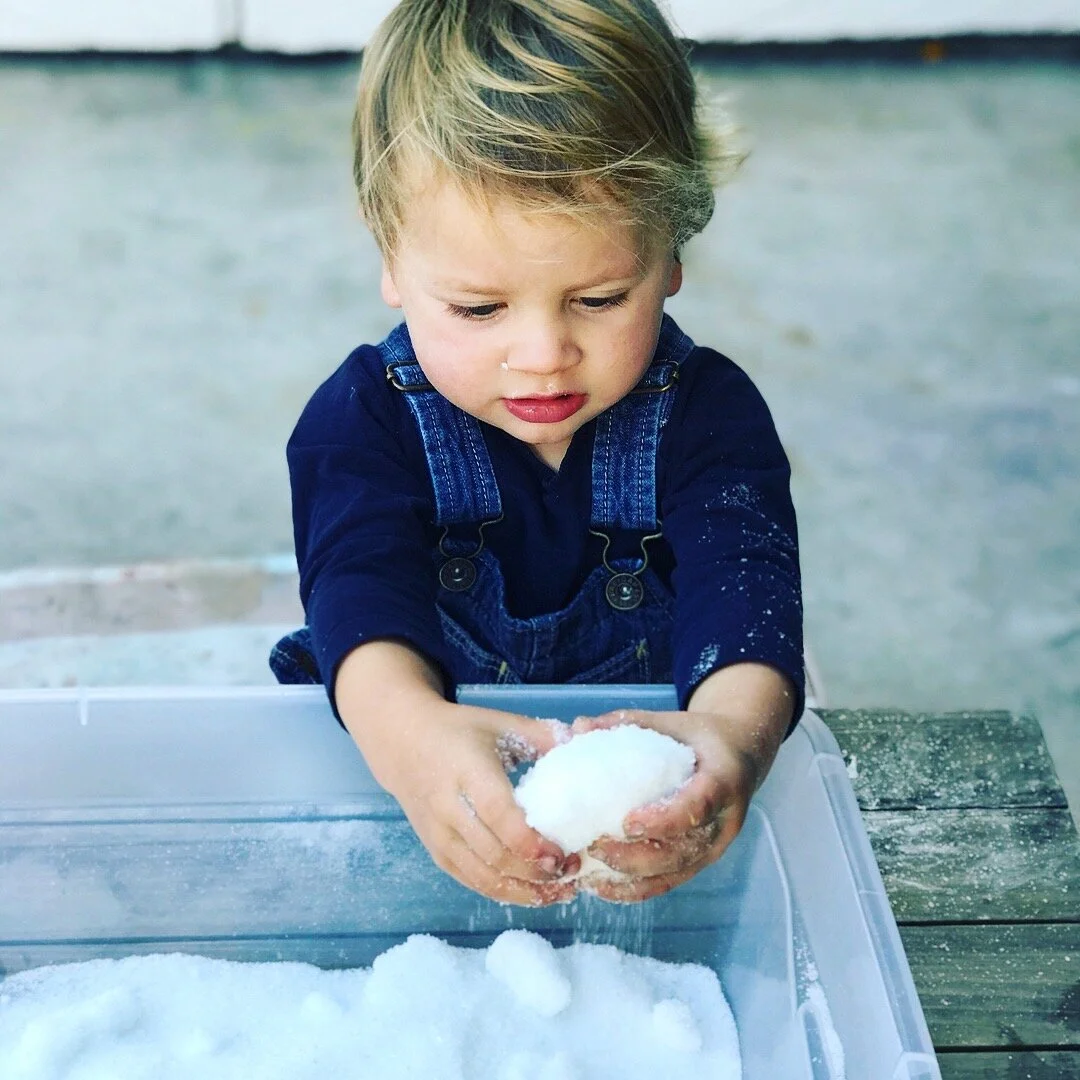


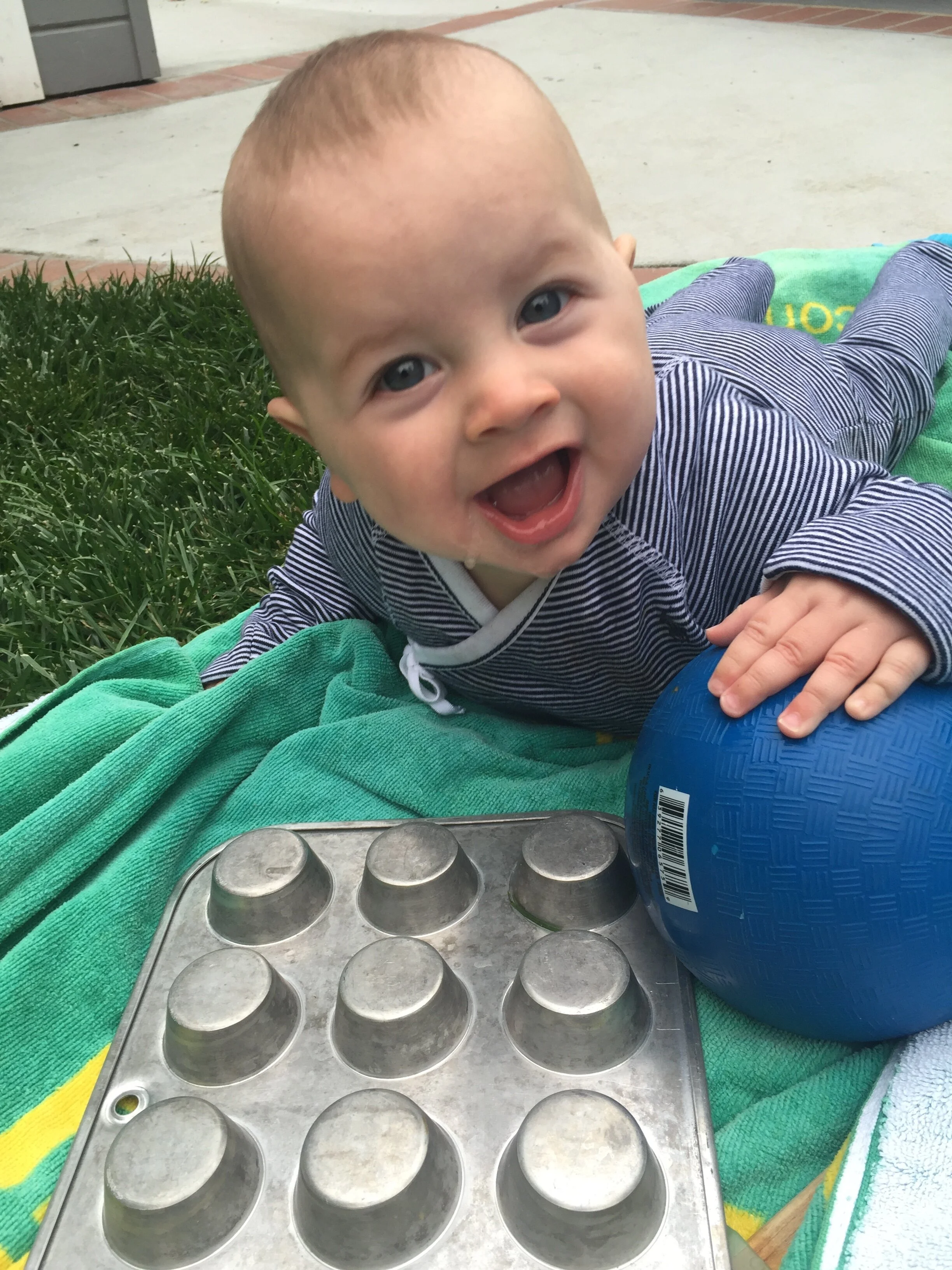
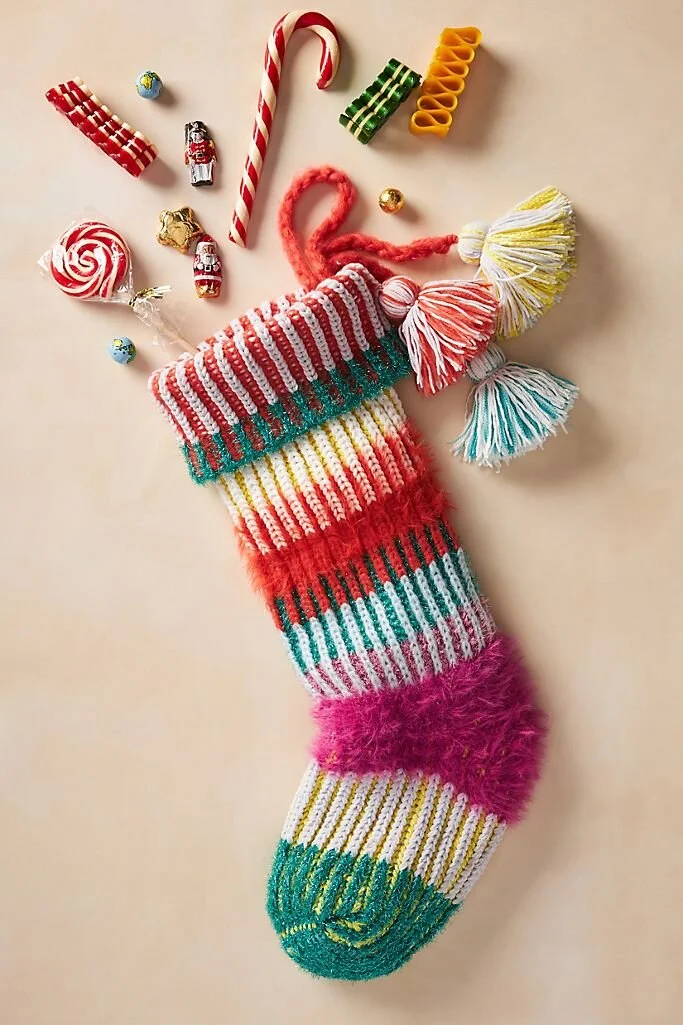

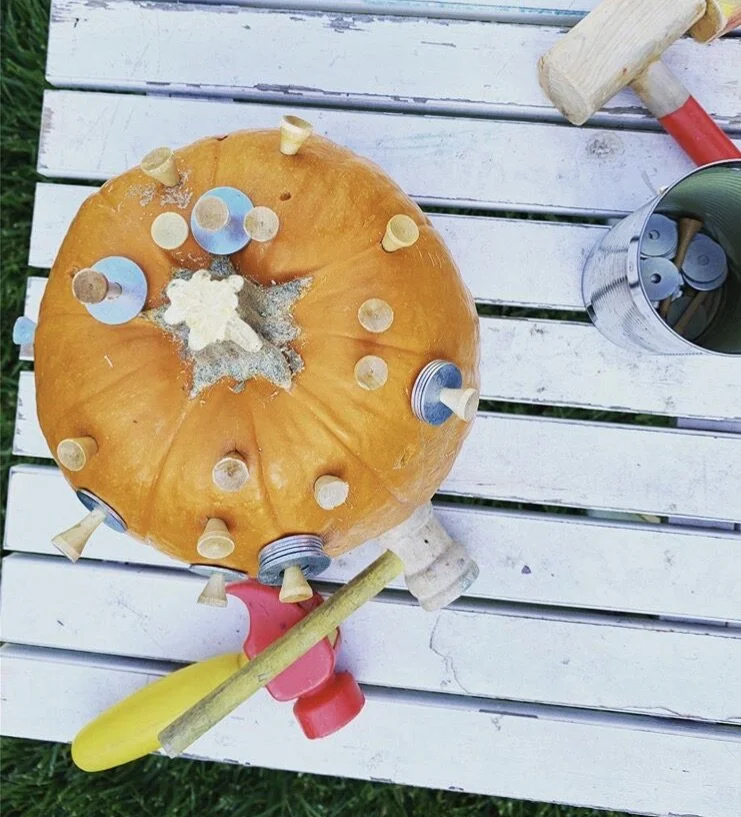






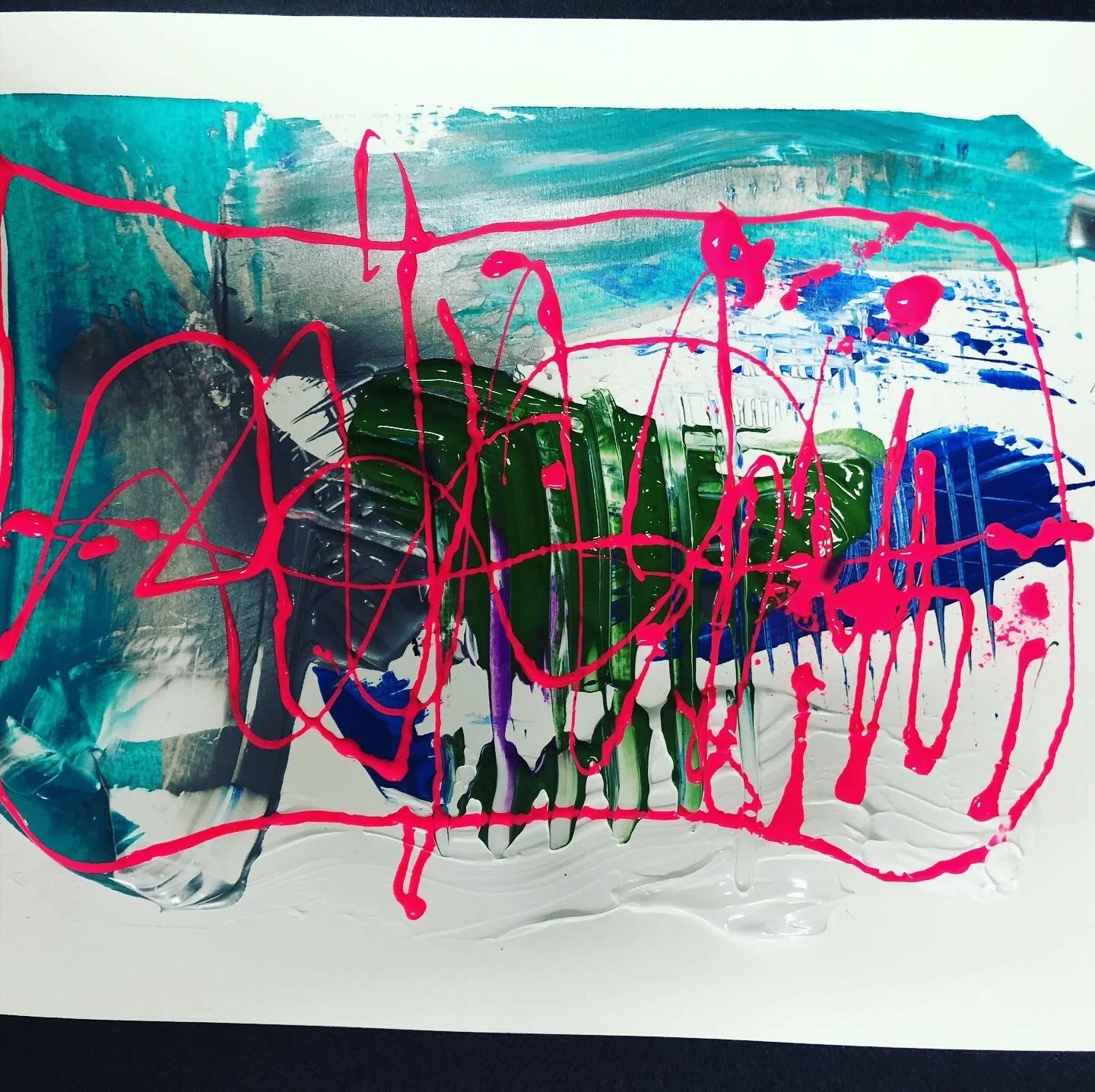
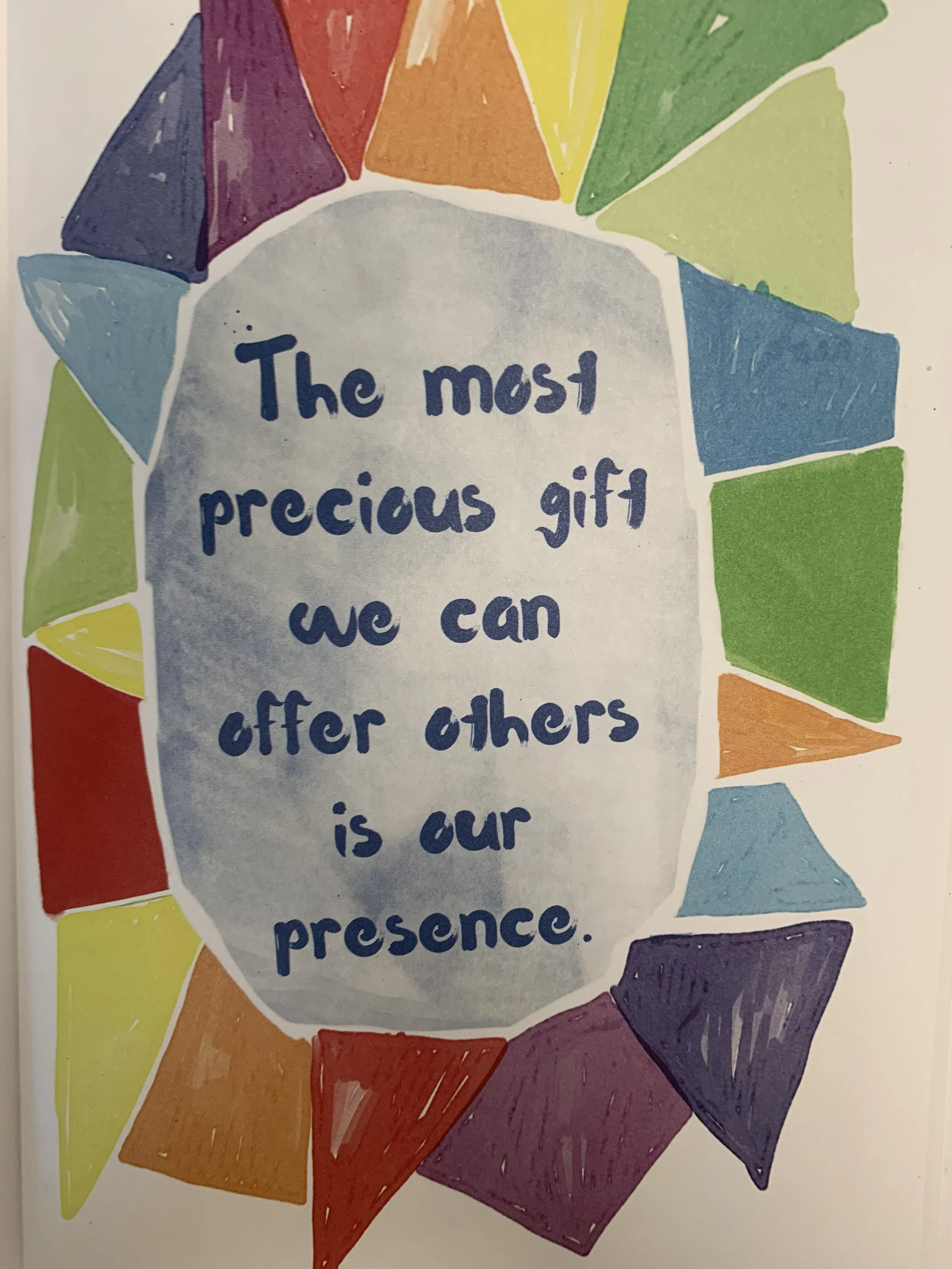
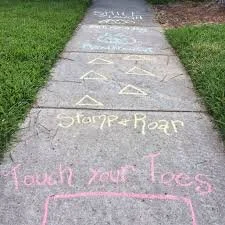
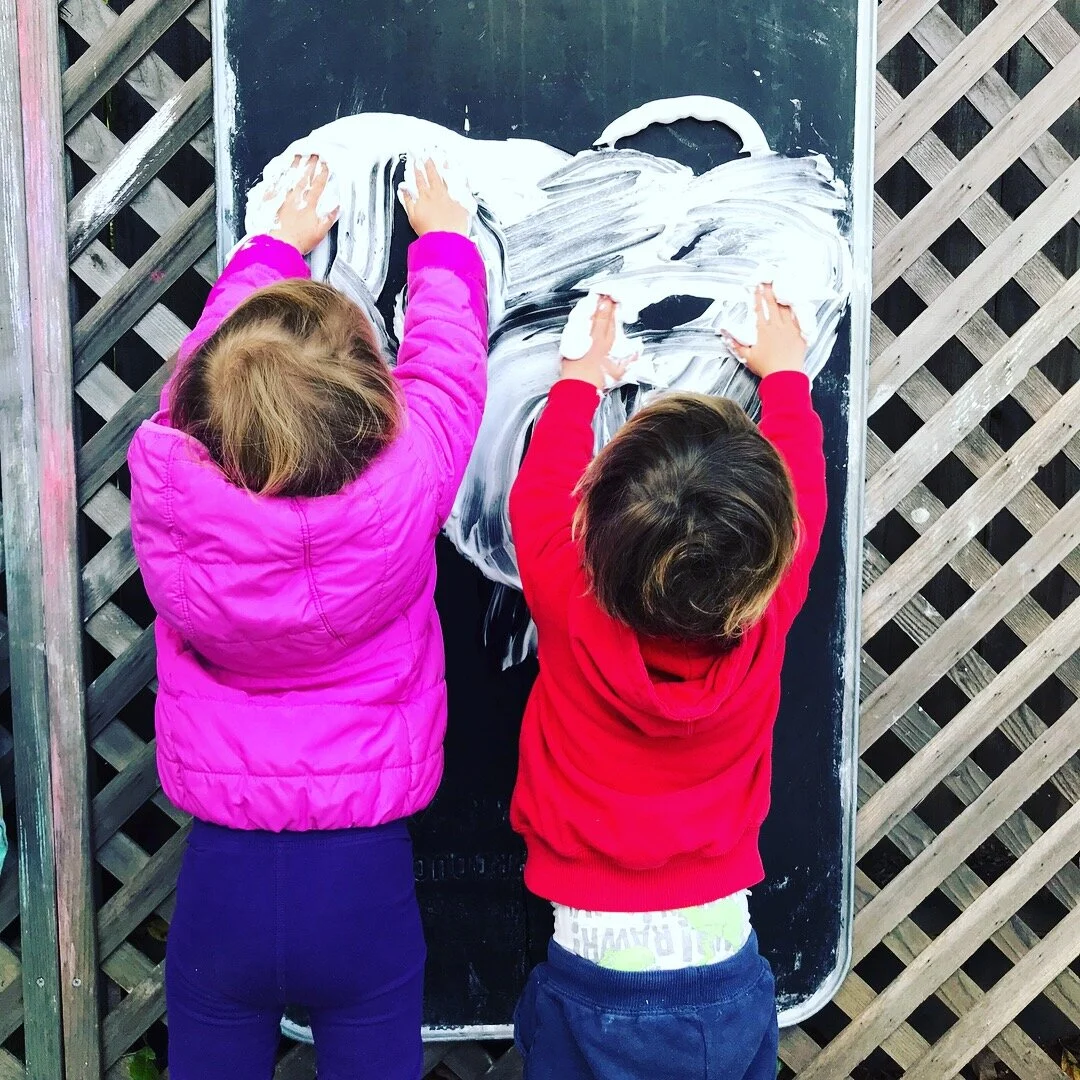
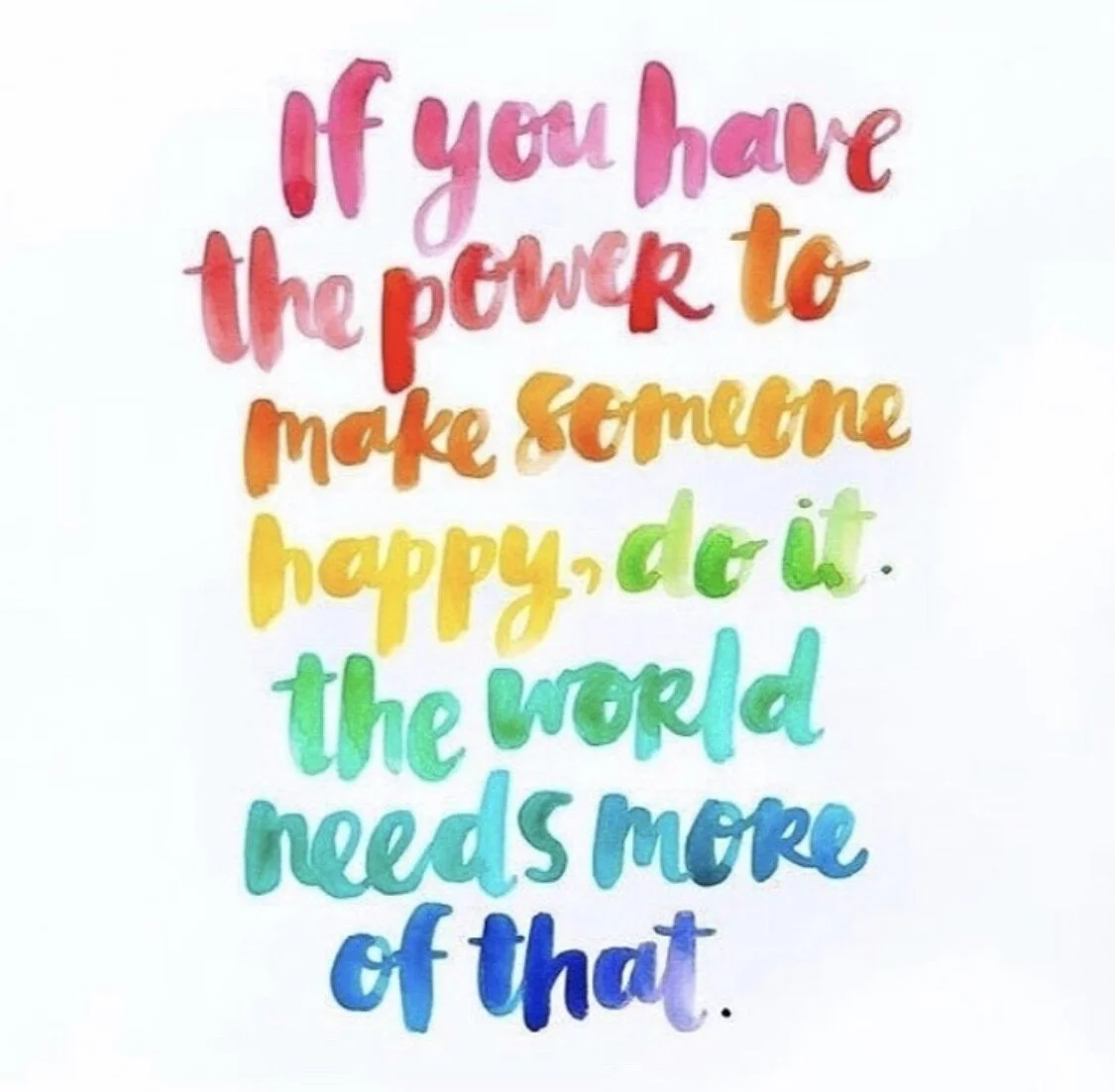
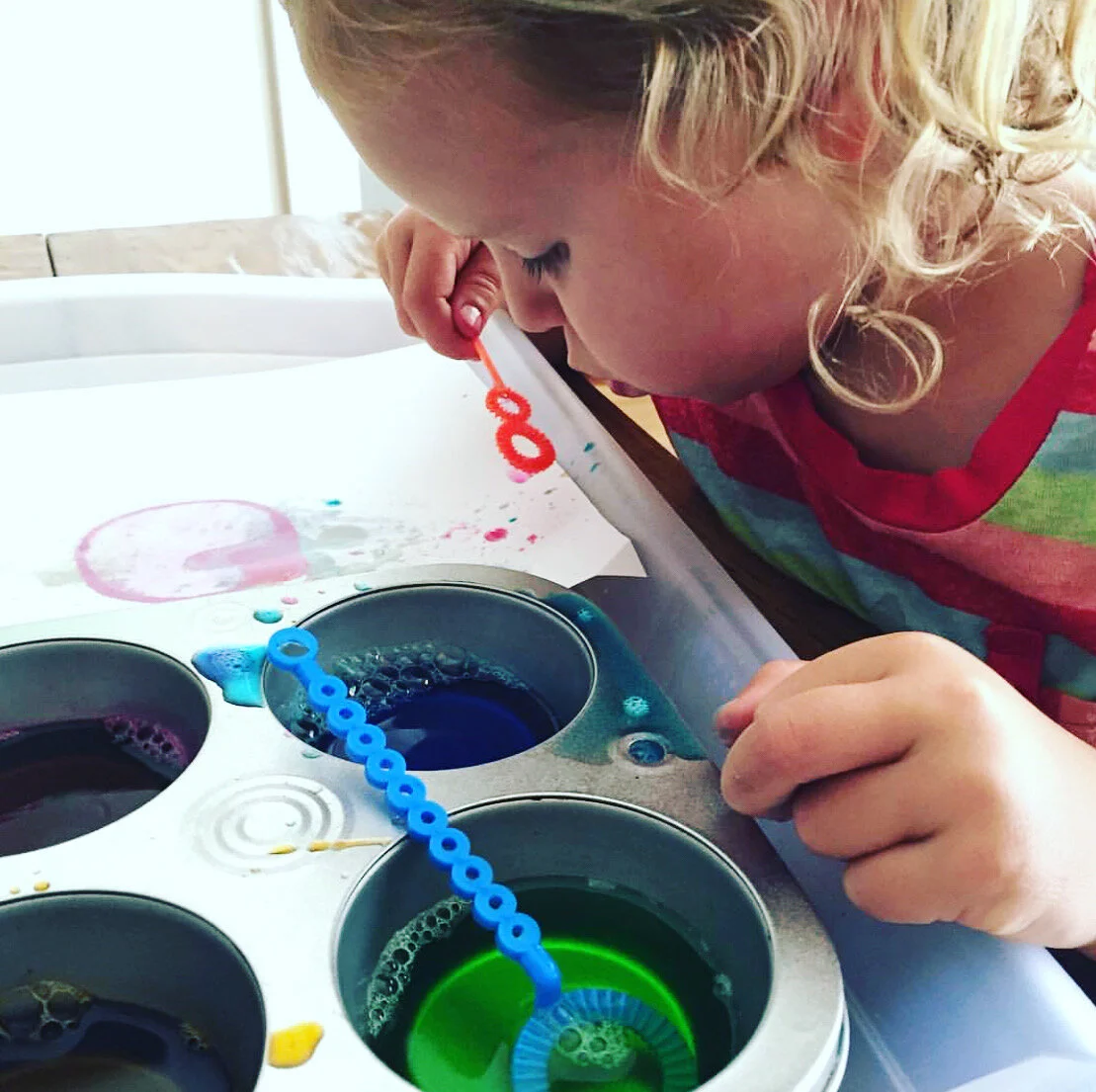


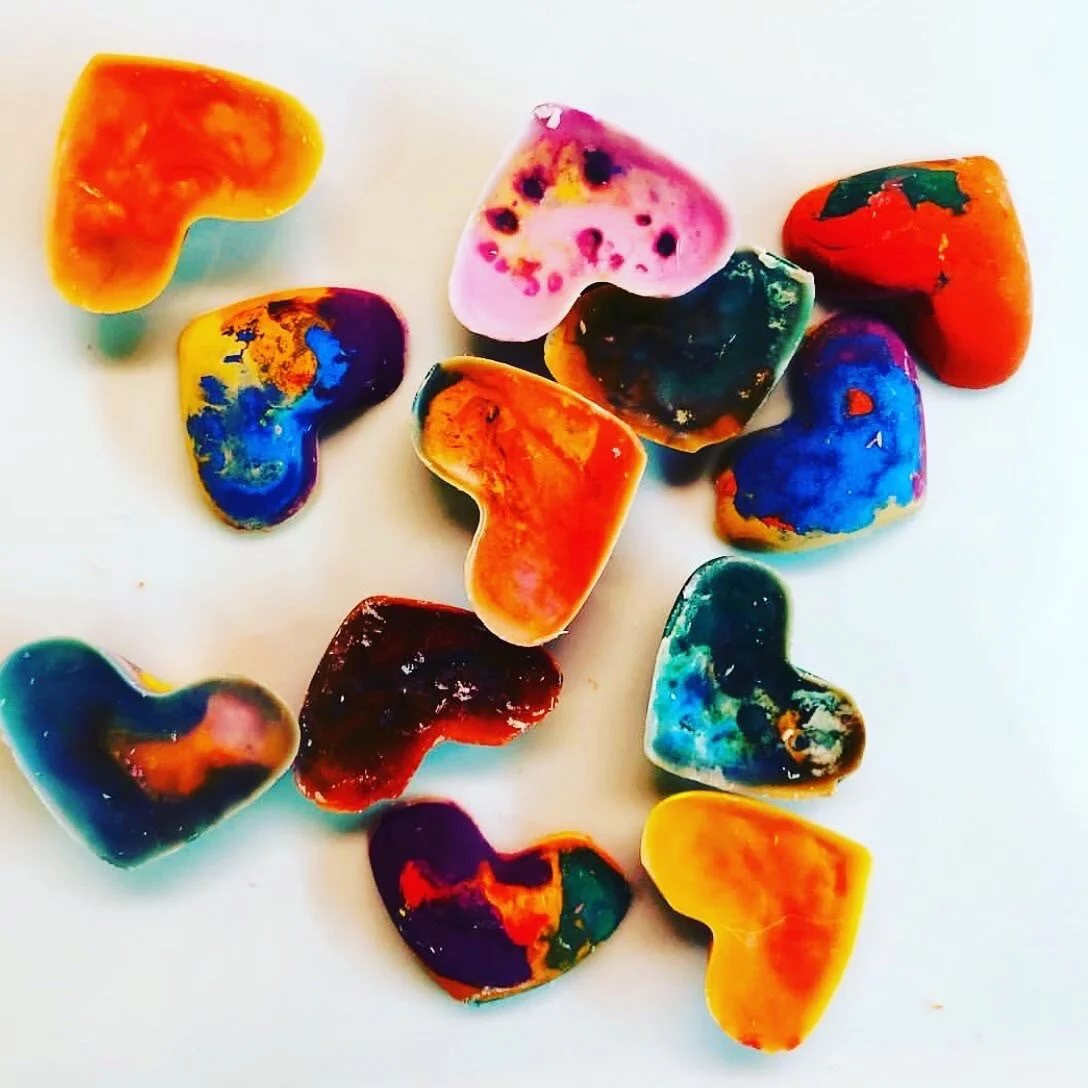
Check out some tips for helping your child with their pencil grasp.